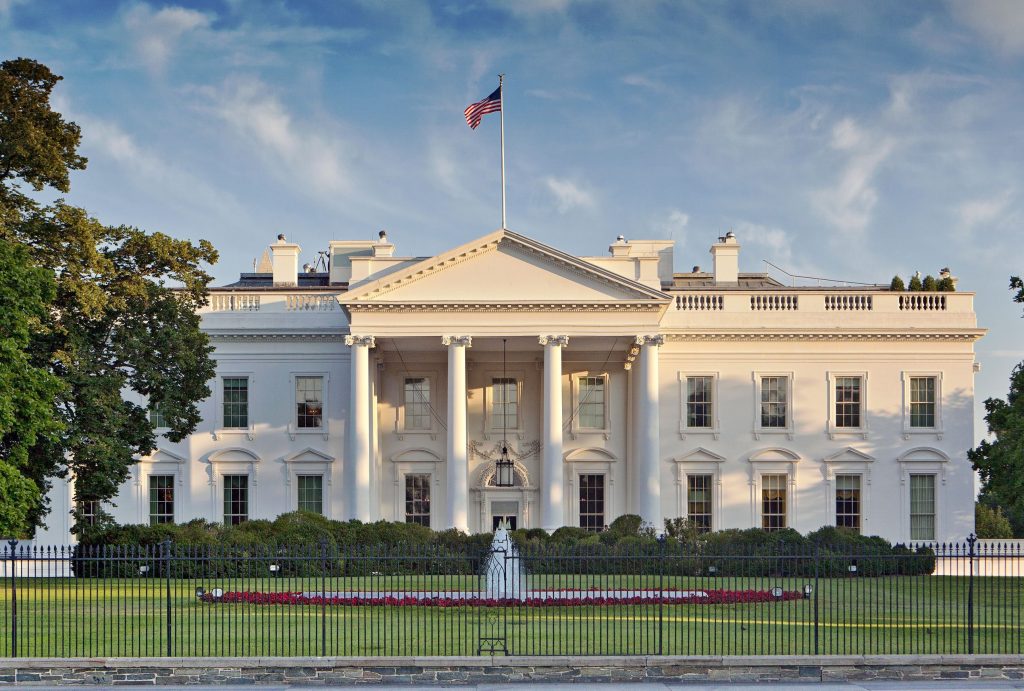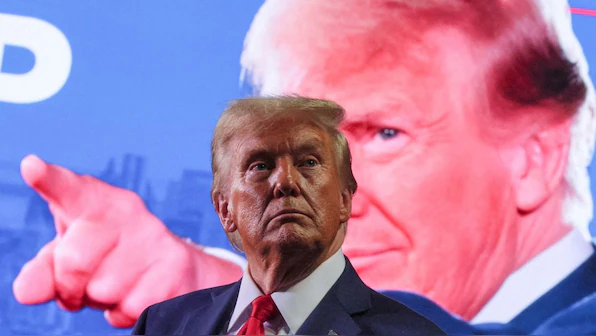Some of the links in this article are "affiliate links", a link with a special tracking code. This means if you click on an affiliate link and purchase the item, we will receive an affiliate commission.
The price of the item is the same whether it is an affiliate link or not. Regardless, we only recommend products or services we believe will add value to our readers.
By using the affiliate links, you are helping support our Website, and we genuinely appreciate your support.
Donald Trump has been elected president and is set to officially take office at noon on January 20, when he takes the oath. Before this, however, several formalities must occur.
After his victory over Kamala Harris, Trump has the necessary Electoral College votes, and Harris has conceded. Trump’s return to power comes after a challenging campaign, marked by President Joe Biden’s unexpected withdrawal, Harris’s late entry, and even two assassination attempts. Here is a closer look at the process between Election Day and Inauguration Day on January 20, 2025.
A Visit to the White House

Although the exact date remains unconfirmed, President Joe Biden has already extended an invitation to Trump for a White House visit to ensure a smooth transition. A statement from the White House emphasized Biden’s commitment to uniting the country during this transfer of power. Trump and Biden, who have exchanged sharp critiques, will soon meet, marking a stark contrast to Trump’s 2020 refusal to invite Biden after his own defeat.
The Transition Process
Trump’s transition team, co-chaired by former small business administrator Linda McMahon and businessman Howard Lutnick, has already begun assembling personnel for the administration. With clear goals in mind, Trump is expected to announce key appointments soon. Controversial figures like tech entrepreneur Elon Musk and anti-vaccine activist Robert F. Kennedy Jr. are reportedly under consideration for advisory roles, though key positions will still need Senate confirmation, where Republicans currently hold a majority.
During this transition, the president-elect will also begin receiving intelligence briefings, preparing for his administration’s start.
State Certification
By December 17, each of the 50 states and Washington, D.C., will review and certify election results. While citizens cast ballots for electors, it is these Electoral College representatives who formally vote for the president. State-level reviews ensure the accuracy of election results, meeting the “safe harbor” deadline on December 11. Trump’s allies previously contested this process in 2020, though unsuccessfully.
Congressional Certification
On January 6, the formal electoral ballots are delivered to Congress for certification. As Senate president, Harris will have the duty of certifying her opponent’s victory. This step, previously marred by the January 6, 2021, Capitol riot, is expected to be less contentious this time.
Inauguration Day
Trump’s inauguration will occur on January 20 at noon, when he takes the oath and officially becomes the 47th president. Unlike Trump in 2021, who did not attend Biden’s inauguration, Biden is expected to be present. The ceremony, traditionally held on the west front of the Capitol, marks the official start of a new administration.
With the oath, Trump’s presidency begins anew, taking the reins once again in the White House.




